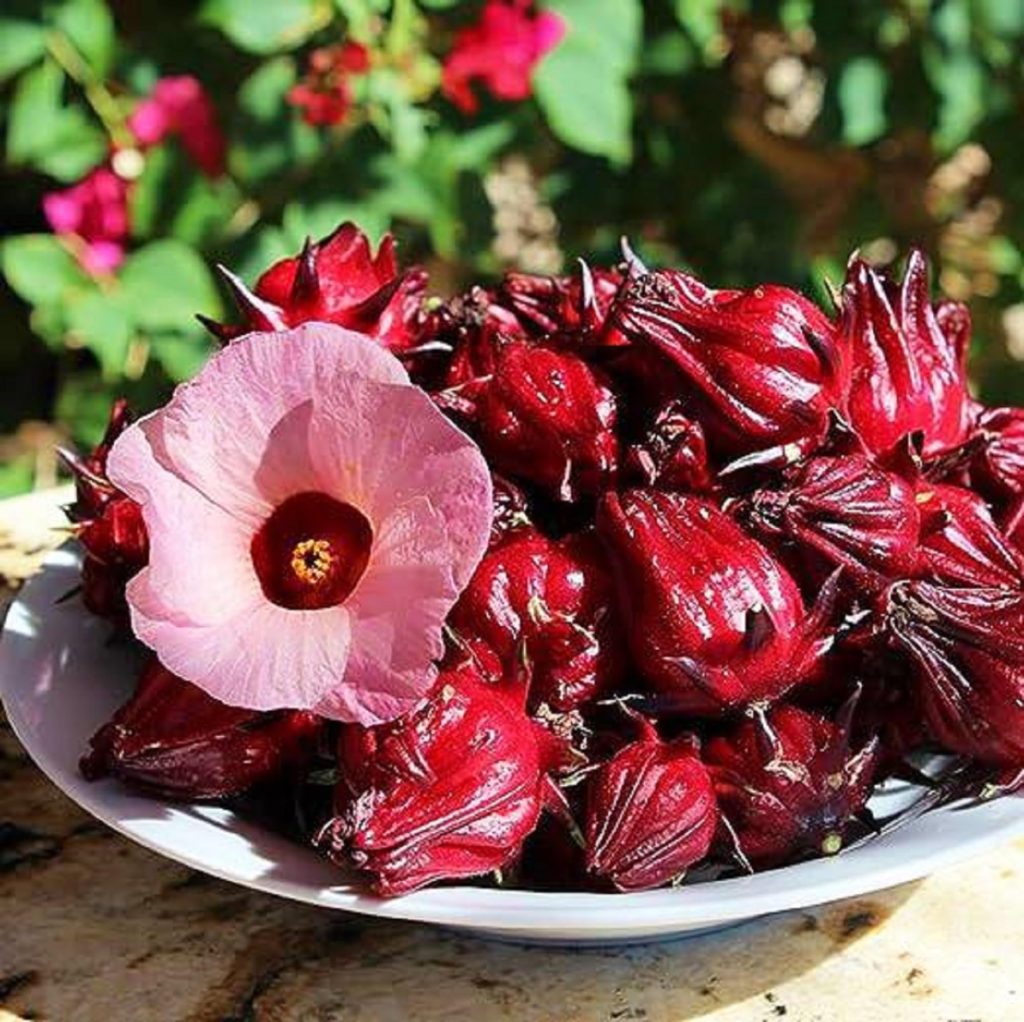
Sorrel: The Healing Power of Hibiscus
Sorrel, known scientifically as Hibiscus sabdariffa, is a vibrant red flower cherished for both its refreshing flavor and impressive health benefits. Popular in the Caribbean, Africa, and parts of Asia, sorrel is most often enjoyed as a tangy, ruby-colored beverage, especially during festive seasons. But beyond its taste, sorrel is a powerhouse of nutrients and healing properties.
Rich in vitamin C, sorrel supports a strong immune system, helping the body fight off colds and infections. Its high antioxidant content, particularly anthocyanins, helps protect cells from damage caused by free radicals, reducing the risk of chronic diseases. These antioxidants also promote healthy, glowing skin and may help slow signs of aging.
One of sorrel’s most notable benefits is its ability to support heart health. Studies suggest that hibiscus tea can help lower blood pressure and reduce bad cholesterol levels, thanks to its natural diuretic and anti-inflammatory properties. This makes it a valuable addition to the diet for those managing hypertension or aiming to maintain cardiovascular wellness.
Sorrel also supports healthy digestion. Traditionally, it has been used to relieve mild constipation, reduce bloating, and improve appetite. Its mild diuretic effect helps flush out excess fluids and toxins from the body, aiding kidney function and overall detoxification.
Additionally, sorrel contains compounds that may help regulate blood sugar levels, making it beneficial for people with prediabetes or diabetes when consumed as part of a balanced diet. Its natural anti-inflammatory qualities also make it soothing for those with joint pain or inflammation-related conditions.
Whether enjoyed as a chilled drink, warm tea, or incorporated into jams and sauces, sorrel offers more than just a delicious flavor. It is a natural source of wellness, combining tradition and science to deliver a refreshing way to boost health year-round.
| Weight | 0.3 lbs |
|---|
Explore More

Special Offer